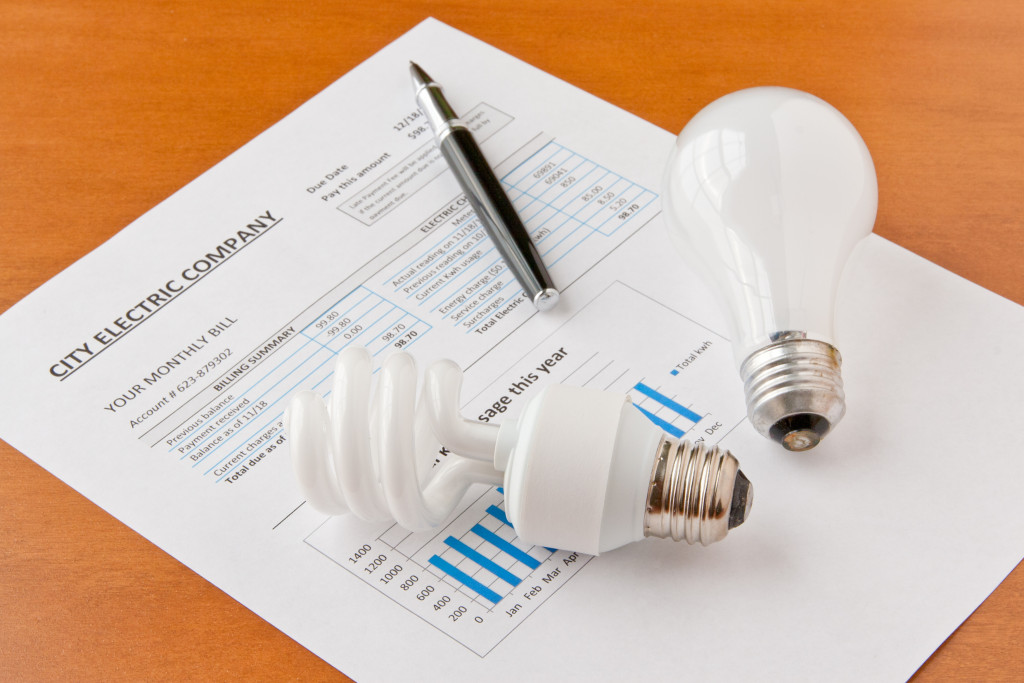With the growing threats of climate change in our midst, people are becoming more environmentally conscious. They know that many things are accelerating climate change. But one of the biggest culprits is our practice of burning fossil fuel to supply our electricity. As someone who’s concerned for the planet’s future, you are considering the use of solar panels instead. But first, what are solar panels?
Solar panels are also known as photovoltaic panels. Each panel is made of photovoltaic cells that absorb photons. Then these photons smash into each other, causing electrons to be knocked out of their orbit. These free electrons enter an electric field built by solar cells from the sun. From there, they get pulled into the current and effectively produce electricity.
Why People Opt for Solar Energy
The most popular benefit of using solar panels is the reduction (or even elimination) of electric bills at home. Although, yes, buying solar panels can be a bit pricey, their payoff, in the long run, can be worth it.
Using solar panels also ensures a reliable energy source. Relying on electric companies is tricky because then you’d be subject to their power outages. But with solar panels, you can make sure that you’ll always have electricity. You’ll only have to see to their maintenance.
Contrary to popular belief, maintaining solar panels is not going to cost you a lot of money. You just need to clean them from time to time with just soap and brush. The one thing that is quite expensive is the inverter. But it only needs replacement once every five to ten years.
Dealing with the weather can be tricky, yes. Even if you live in sunny Los Angeles, for instance, you’ll also experience cloudy weather from time to time. But solar panels can work around the weather changes by storing energy for use on days when the sun isn’t out.
Having solar panels call for more effort on your end. But it can be worth it if it helps the planet. It produces fewer carbon emissions than fossil fuel. More people in the U.S. are going through a renewable energy boom. The Institute for Energy Economics and Financial Analysis predicts that solar and wind energy will surpass coal by 2021.
There’s no time like the present to use solar panels at home. So here are a few things to consider to help you with planning to shift to solar energy:
1. Weather and Location
It’s ideal to use solar energy at home if you live in places where the sun is always shining. But living somewhere like the Pacific Northwest, where it’s almost always raining, won’t make the most of your solar panels.
2. Electricity Usage at Home

You must know first how much energy your home is consuming. This will help you decide what kinds of solar panels are ideal for you and how many. There are three types of panels: thin-film, polycrystalline, and monocrystalline. Each kind has its own price and performance.
3. Roof Stability
You must check whether your roof is strong enough to hold the weight of solar panels. Gutters must also be quite near the panels so that they can catch the rainwater, snow, and other dirt that slides off of the panels. If the roof needs renovation, then do it before installing the panels.
4. Outdoor Space
The panels don’t have to be on the roof alone. If you have vast outdoor space, then you can set up the panels there through a ground-mounted system. Just ensure that nothing blocks the sunlight.
5. Return of Investment
This is another reason it’s crucial to know first how much electricity your home consumes. If you find that it’s more economical to purchase and install solar panels than paying for monthly electric bills, then go for it.
6. Permits, Documents, and Approvals
Using solar energy has state and federal incentives. The most significant is the Solar Investment Tax Credit (ITC). It’s a federal policy mechanism that supports the growth of solar energy usage in the U.S. Through this, you are entitled to 26 percent tax credit setting up a solar energy system in a residential area.
But first, you must complete the necessary paperwork that the state and the federal government may require. Your solar energy system will also have to go through a local inspection and gain approval.
Using solar panels at home leads to greater benefits for you and the environment. If everything goes right, you’ll get to save money, and reduce your carbon footprint. Solar energy is the future of sustainability. And a sustainable future starts at home.


